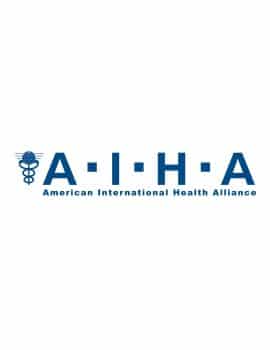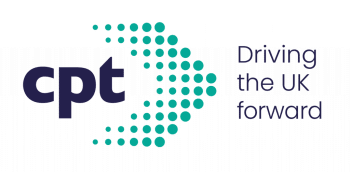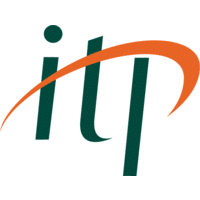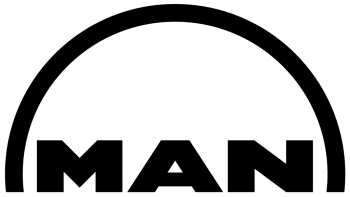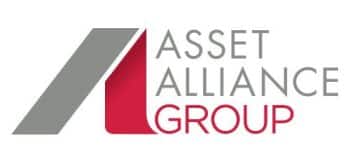Knowledge Centre
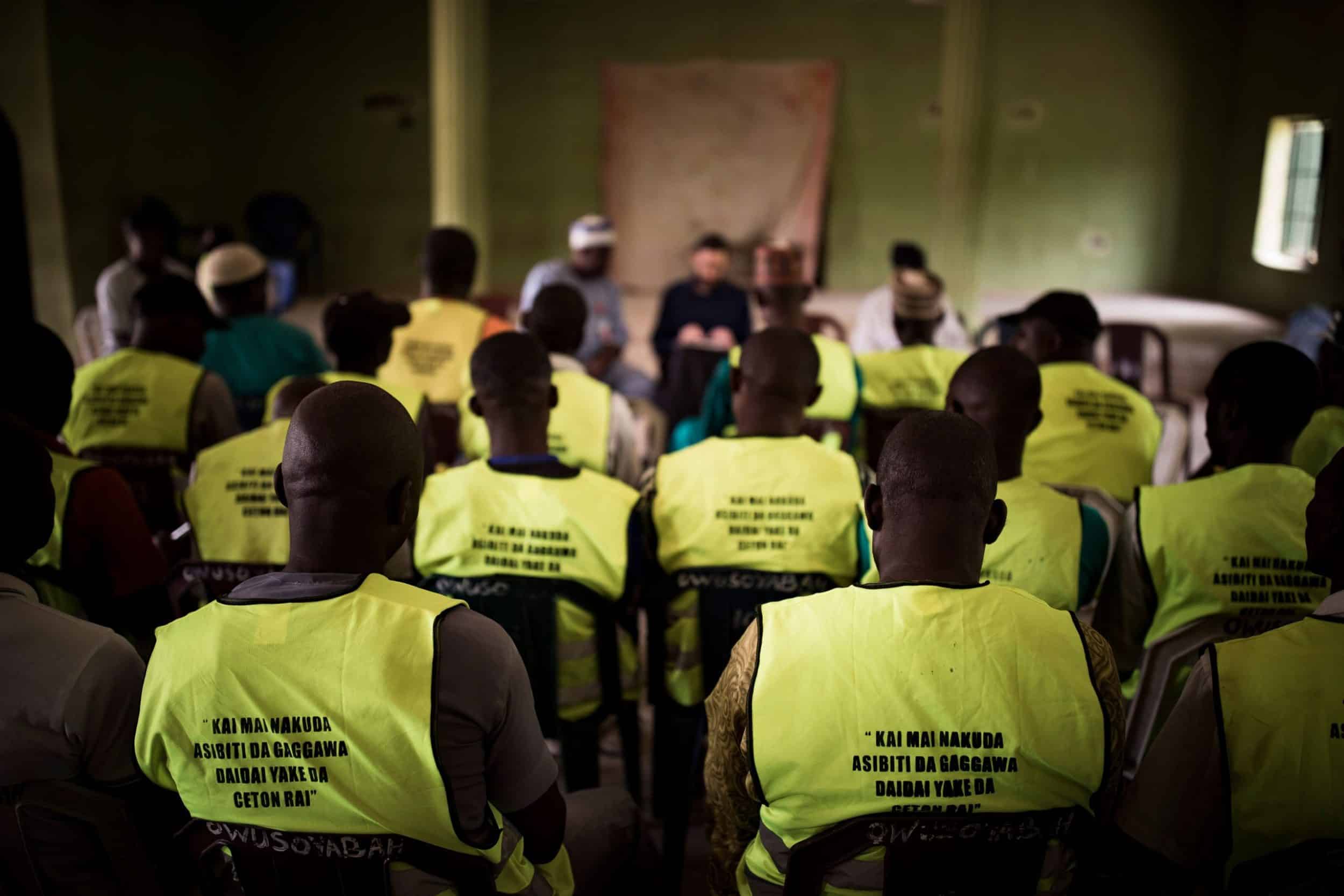
The Knowledge Centre works to serve as a useful resource for anyone implementing a development programme that has any of the following elements: road safety, transport management systems, access to health and access to livelihoods. The Knowledge Centre shares a range of training manuals, assessment tools, technical case studies and research papers.


